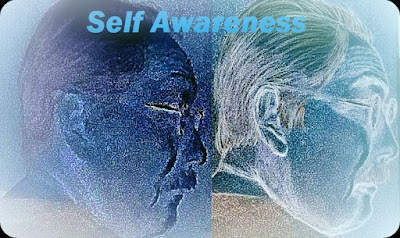January 22, 2017 ·
After the latest flooding this week, one that brought so much devastation to places not otherwise familiar with or visited by unwanted water, can we declare that the city is now prone to flooding?
I have no answer, except to imagine a scenario that could apply here.
Man breaks into a pristine place blest by nature with bounty and beauty. It had hills and valleys, meandering waterways, flora and fauna of diverse kinds, balmy and hospitable weather. Etc. All perfect for human living.
Yet, nature being what it is did provide some cautionary caveats. There will be rains, tides, and fires, to provide risks for human living, but man is expected to adapt and learn to live side by side with them.
But man is never contented, nor is he a prudent and diligent steward of nature. He did what he could to degrade and alter nature’s provisions. To a point that nature lost its balance and became a hostile force to man. And freaks of nature became the norm. Flooding in places where man had chosen to live, harsh typhoons and torrential rains that damage altered topography obliterating humans in the process, deadly diseases in places where humans live in despicable congested conditions, etc.
Given that, can we humans then declare that our place is prone to hostile flooding and its concomitant miseries?
Like blaming nature for what is happening?
Rather than pointing the blame to ourselves?
0000000000000000
SELF-AWARENESS
Self-awareness is one vast and hazy territory to cover and learn. It encompasses knowledge of one's character, feelings, motives, and desires.
How does one even start learning about all these things?
For one thing, we know that we can detect if a living organism has it or not. We have tested certain "lower" forms of animals and find them as self-aware, too.
But in humans, the greater challenge is how do we measure it and is it quantifiable? Thus, some are more self-aware than others? If not, then why do people differ in their understanding of many things, say even about certain but common facts?
I believe this innate consciousness is very elemental, maybe even non-judgmental, generic, and maybe even, morally indifferent.
Thus, I do believe we need to differentiate between knowledge and wisdom. Knowledge is raw, unrefined, indifferent and maybe unsorted and unvetted. Wisdom (and even prudence in the ethical sense)takes the extra and more involved steps to refine the process, sifts through extraneous details, and attempts to arrive at the kernels of truths.
How we are able to delineate and navigate between the two differing notions I do believe accounts for the differences of opinions, notions, and beliefs in man, even among those who may share so many things in common, like family relations, environment, same educational backgrounds, etc.
This is not to say that those who have gone through the process of pursuing and acquiring wisdom are necessarily better of, only that it is incumbent upon all others to initiate those extra steps to try and unify the thoughts of the community of man.
We are all self-aware humans, gifted with the same amount and degree of it, but it is what we do beyond or omit to do that we now find division, tension, and dissension amongst us.
0000000000000000000000000000
I thought this observation I discovered today important enough for this medium.
"It is usually futile to try to talk facts and analysis to people who are enjoying a sense of moral superiority in their ignorance." -Thomas Sowell
In my blog profile, I declare:
"By discoursing together we seek comfort from one another. But let us speak of things that edify."
How can the twain meet? Without discourse, it truly is a desolate world.
Begin with humility, with the premise that we can all learn from one another. No one-way street for an open mind.
Our beliefs stand on their own, and not leaning on somebody we are trying to push down.

Testing time stamp.
ReplyDelete